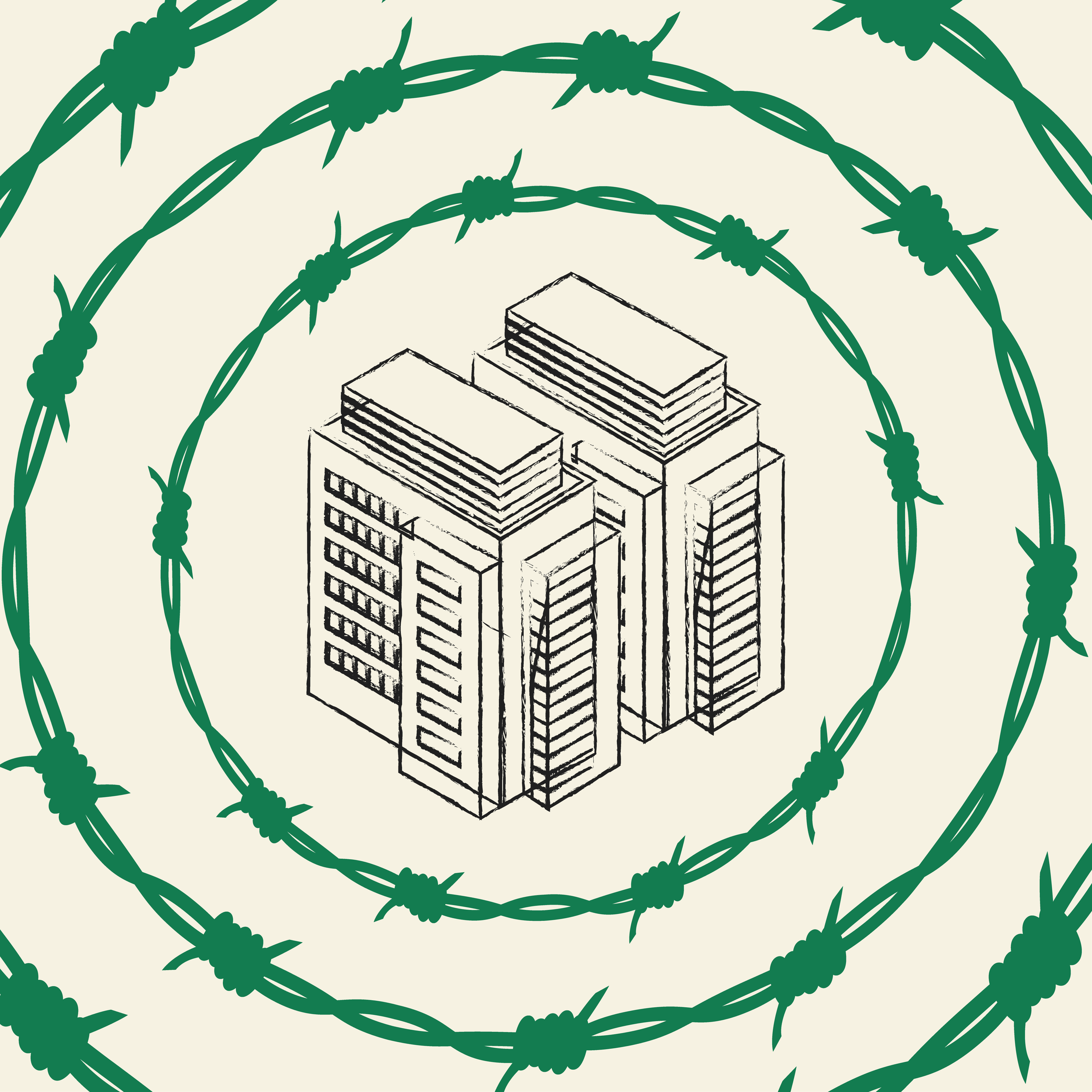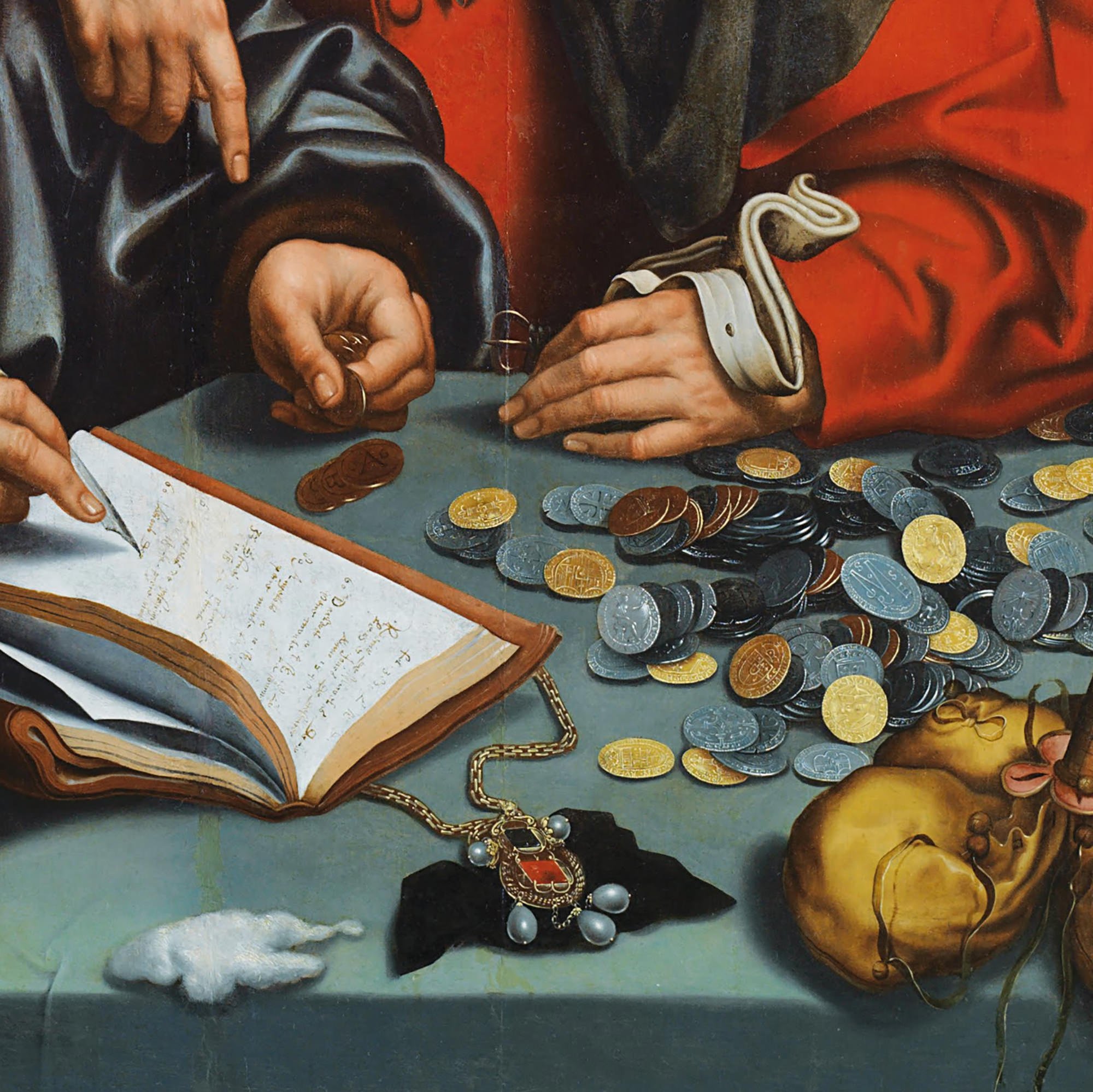Bankers! Listen to Your Medieval Forebears
With every new crisis, the animosity towards financiers grows. History offers sage advice.
APRIL 2, 2024
In the summer of 1398 Francesco di Marco Datini, then one of the most prominent (and wealthiest) merchants of Europe, informed his closest friends and business associates that he intended to diversify his activities into finance by founding a bank in Florence. When he asked for their frank opinion, worried replies quickly followed. In a letter, re-discovered in a walled-off stairwell in Datini’s palace in the 19th century, his friend Domenico di Cambio wrote:
I have to inform you of what I hear being said. Many people told me: ‘So Francesco di Marco wants to lose his name as the main merchant of Florence, to become a moneychanger: and there is none among the moneychangers who does not make usurious contracts.’ In your defence I replied that you want to be more merchant than ever and that, if you opened a bank you would not do it for usury. And they replied: ‘This is not what everybody will say: they will say instead that he is a usurer!’ And I answered them: ‘he would not do this to be a usurer; as he will leave all that he has to the poor.’ And the other replied: ‘Do not presume that he will ever again be considered the great merchant that he was, nor with such a good reputation.’
By becoming involved in finance, Datini’s friends believed that he risked losing his good business reputation. According to Luca del Sera, another of Datini’s business associates, opening a bank was not a prudent choice; he argued that in their time many “moneychangers” were moving in the opposite direction, abandoning finance to become merchants “because they find more juice [in trade], and also because [trade] is liked better by God.” At the time, the rules around money lending — and the boundaries between licit and illicit or “usurious” practices — were relatively well-defined, regulated and accepted both by governments and by religious authorities. “Making money out of money,” however, was still considered disreputable — and, to some, even sinful.
Centuries later, the sentiments expressed by Datini’s friends resonate with modern concerns. Today, bankers get more scorn than mining executives or major polluters. But history also offers clues as to what bankers and financiers could do to alleviate such resentment: first and foremost, pay their fair share of taxes. Bankers should listen to their medieval forebears: the only way to feel good about money is to part with some of it.
✺
The contempt of finance in Western culture can be traced back to the Middle Ages. Thomas Aquinas, arguably the most influential thinker and theologian of the 13th century, reiterated the admonition of the classical Greek philosopher Aristotle that “money does not generate money” and condemned all forms of lending at interest as intrinsically usurious. For Aquinas and other theologians of his time, these financial practices had to be formally prohibited to Christians due to their sinful, if not downright “evil,” nature. In contrast, Christians could tolerate financial services when Jews carried them out because, well, they needed them.
Theologians were successful in spreading the view that finance was sinful, but they utterly failed in preventing the development and the spread of financial services for the very simple reason that they made countries richer. The quickly expanding long-range trade relied on finance to provide ready capital and to make credit available at all corners of Europe and the Mediterranean. Certain parts of Europe, in Italy, in the Low Countries and elsewhere, became much wealthier than they had been for centuries — and the taxes imposed upon the new economic activities filled in the coffers of city governments. Governments would have been foolish to leave money from banking and financial activities on the table.
The financialization of Western economies and especially the new fortunes made in finance, rekindled old suspicions about the legitimacy of the sector — but with a modern twist.
Still, bankers often felt an overwhelming sense of religious guilt about accumulating wealth through finance. Some worried that their potentially ill-begotten riches might have condemned them to eternal damnation. To counteract their “sins,” many financiers gave part of their patrimony to charitable institutions or destined it to direct donations to the poor. By Datini’s time, finance was a much more legitimate activity than it had been for centuries, which is why, despite his friends’ advice, he established the Compagnia del banco. But, because he feared for his soul, in his will Datini gave almost his entire fortune to build and endow a hospital for the poor (the Casa del Ceppo dei Poveri, an institution which continues its charitable activities to this day) and the first specialized orphanage for abandoned children in Europe (the Spedale degli Innocenti in Florence). A few decades later, another great Tuscan financier of the late Middle Ages, Cosimo de’ Medici, had similar spiritual worries. In his old age, Medici intensified his charity and sought a bull of absolution directly from the Pope, which he paid for by endowing the Monastery of San Marco in Florence.
The suspicion and disapproval towards finance weakened in some respects during the early modern period, from the 16th to the 18th century, but they did not disappear. Instead, they became more focused on specific groups. Christian financiers became increasingly socially accepted on the grounds that their money could be used to help their communities in times of crisis, on a voluntary basis or through taxation and so-called “forced loans” initiated by governments. The prejudice and social disapproval continued against Jews, who in the collective imagery of Europeans came to be unjustly considered the prototypical example of usurers.
Today, there are more than a few reasons to worry about “making money out of money.” The financialization of Western economies and especially the new fortunes made in finance, rekindled old suspicions about the legitimacy of the sector — but with a modern twist. People across the world have a more acute perception of high and growing inequalities, seen by many as having been largely caused by finance. And for good reason. According to an estimate, finance occupations are responsible for 15-25 percent of the increase in the wage inequality experienced by the U.S. between 1970 and 2005. The 2007-2010 subprime mortgage crisis was triggered by easy lending, which prompted poor households to become heavily indebted to buy a house, only to face dispossession when they proved unable to repay their mortgages. Even bankers themselves have repeatedly called out the rapacious and exploitative behaviour of other bankers.
Most people feel resentful of the very rich, but the very rich feel anxious about everyone else. With every new crisis, the animosity grows.
Governments no longer rely on large-scale bankers during economic crises; instead, it is often the taxpayers that rescue the banks. After the giant financial services company Lehman Brothers went bankrupt in 2008, with over $600 billion in debt, governments, in the U.S. and elsewhere, realized that some banks were “too big to fail.” They bailed out other wavering financial institutions with taxpayers’ money. The U.S. government alone initially committed $700 billion to the Troubled Assets Relief Program (at the time, 18.6 percent of Americans had zero or negative net worth). This was exactly the opposite of what had happened in Florence in 1434, when Cosimo de Medici’s bank was instructed to bail out the city’s public debt even if he held little hope of ever recovering his capital.
During the COVID-19 crisis, governments across Europe and North America preferred to pay the immediate bill by making more debt, as opposed to increasing taxation on the income and wealth of the rich. True, many banks and many individual bankers donated heavily to charitable and public health causes, but this did not cancel out the urgent need for more funds, nor did it have the same social significance of showing a willingness to pay higher taxes. There are reasons to suspect that many governments chose to become more indebted instead of raising more taxes because the richest individuals have steered policy away from progressive taxation.
As I argue in my book As Gods Among Men. A History of the Rich in the West, this is part of a more general problem. The social contract connecting the very wealthy to the rest of society appears to be under pressure today. The wealthy, bankers included, no longer share private reserves of money into which the community can tap in times of crisis. Most people feel resentful of the very rich, but the very rich feel anxious about everyone else. With every new crisis, the animosity grows. The very rich might think of these crises as missed opportunities. If their medieval counterparts are to be believed, a good reputation comes at a price.
✺ Published in “Issue 14: Money” of The Dial
IMAGE: “The Money Changers” by Marinus van Reymerswaele, c 1540.



